When it comes to managing allergies or getting a good night’s sleep, many people turn to Benadryl. But what happens when you mix this medication with alcohol?
In this article, we’ll take a closer look at the risks of mixing these two substances and provide you with the information you need to stay safe.
What is Benadryl?
Benadryl is the brand name for an antihistamine called diphenhydramine. It is an over-the-counter medication commonly used to treat allergy symptoms, the common cold, and hay fever.
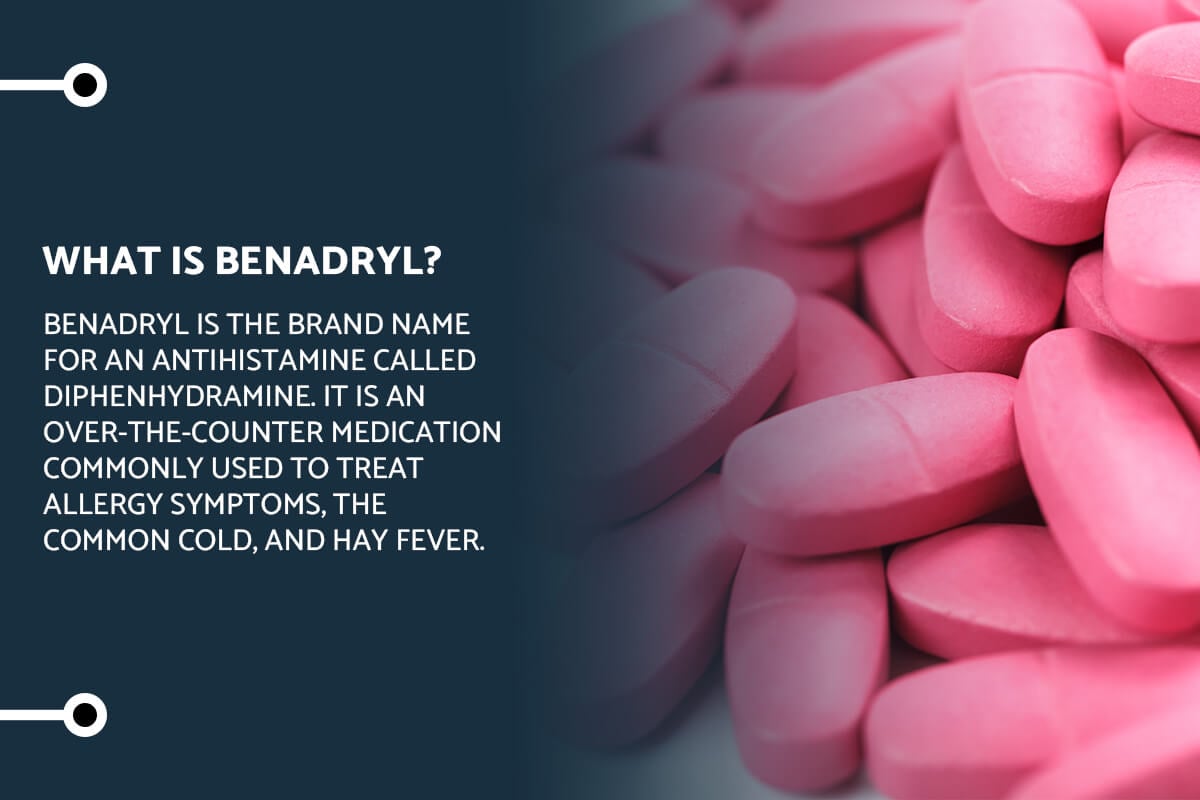
It may be effective for relieving rashes and itchy skin, watery eyes, runny nose or stuffy nose, sneezing, and itchy eyes, nose, or throat. Benadryl may also be used to prevent and treat nausea, vomiting, and dizziness caused by motion sickness.
Please note: products that contain diphenhydramine like Benadryl are not safe for young children.
Side Effects of Benadryl
When used as recommended, Benadryl is generally considered safe and effective. Please note that this drug is only approved to reduce allergy symptoms for short-term use and can pose severe health risks when used long-term.
Even short-term use of Benadryl has known side effects, including:
- Drowsiness
- Tiredness or fatigue
- Dry mouth, nose, and throat
- Dizziness
- Fast heartbeat/increased chest congestion
- Nausea or headache
- Constipation
- Vomiting
- Loss of appetite
- Muscle weakness/impaired motor skills
- Nervousness/excitement
You may also experience more serious side effects, such as:
- Vision problems
- Painful or difficult urination.
If you experience serious or severe side effects that will not go away, tell your doctor and ask for professional medical advice.
Misuse of Benadryl
Benadryl blocks out a compound (histamine) that causes allergic reactions, which makes it effective in reducing allergy symptoms. At the same time, it acts as the cause of CNS depressant which is why it can make you feel drowsy or dizzy.
Unfortunately, some people abuse Benadryl by consuming it in large doses or for longer than recommended. People also tend to use Benadryl outside its intended purpose, such as as a sedative or recreational drug.
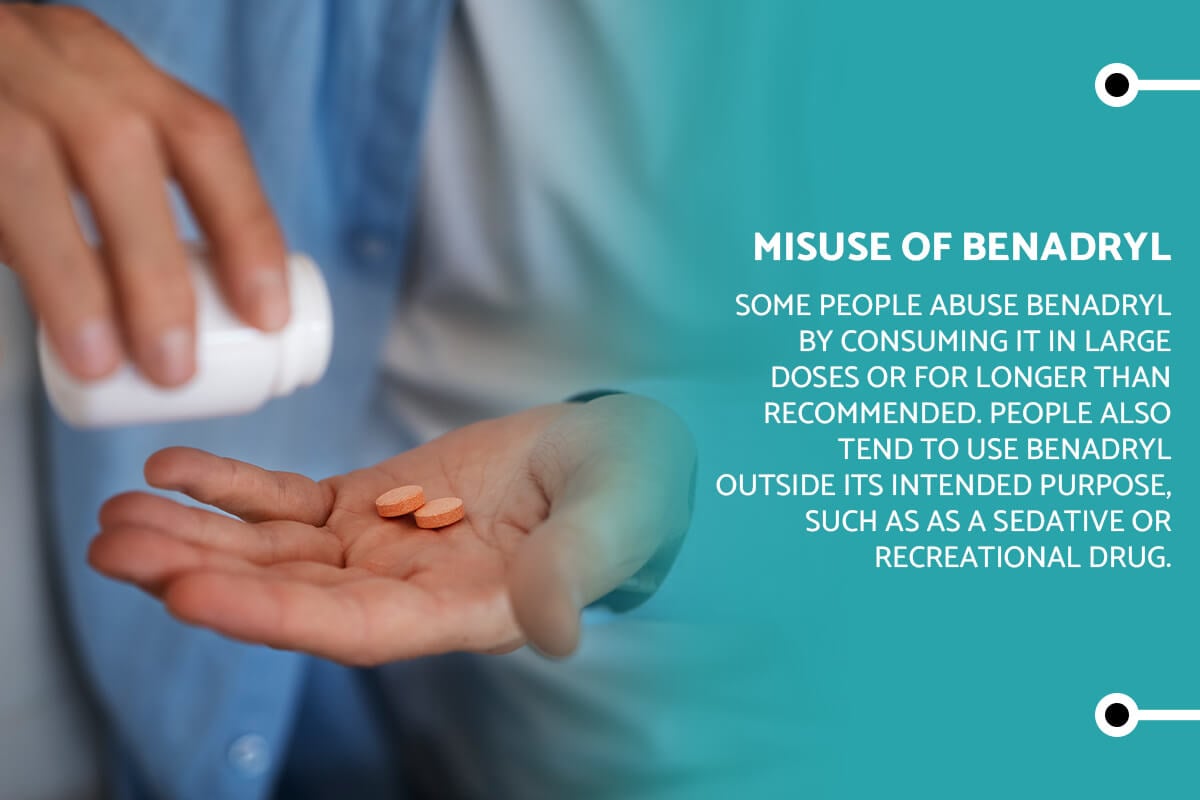
This can lead to serious side effects and increase your risk of addiction or other complications.
This is a dangerous practice and can lead to various health complications. If you or a loved one has been abusing Benadryl or is suffering from alcohol addiction, talk to a health professional about treatment options that can help manage your addiction.
Can You Drink Alcohol While Taking Antihistamines?
Drinking alcohol while taking antihistamines can have serious consequences for your health.
Alcohol and antihistamines are both central nervous system depressants, which may they can both slow down your body and make you feel sleepy. As a result, these drugs are often combined to achieve a “higher” level of sedation.
While this does make it a viable sleep aid in certain cases, there is a real risk of side effects when alcohol and antihistamines are combined.
For example, they can greatly impair your judgment, motor coordination, and reaction time. You can also experience dizziness and lightheadedness.
This can lead to dangerous situations, such as driving under the influence or engaging in risky behavior.
Mixing alcohol with antihistamines can also worsen your allergic reactions or result in serious health complications, alcohol poisoning, or even death in some cases.
Call Design for Recovery to Begin Your Healing Journey!
Reach out to our team to discuss sober living options and next steps toward a healthier routine.
7 Risks Of Mixing Benadryl And Alcohol
Combining Benadryl and alcohol can be incredibly dangerous, and there are several risks that you should be aware of before you decide to mix these two substances.
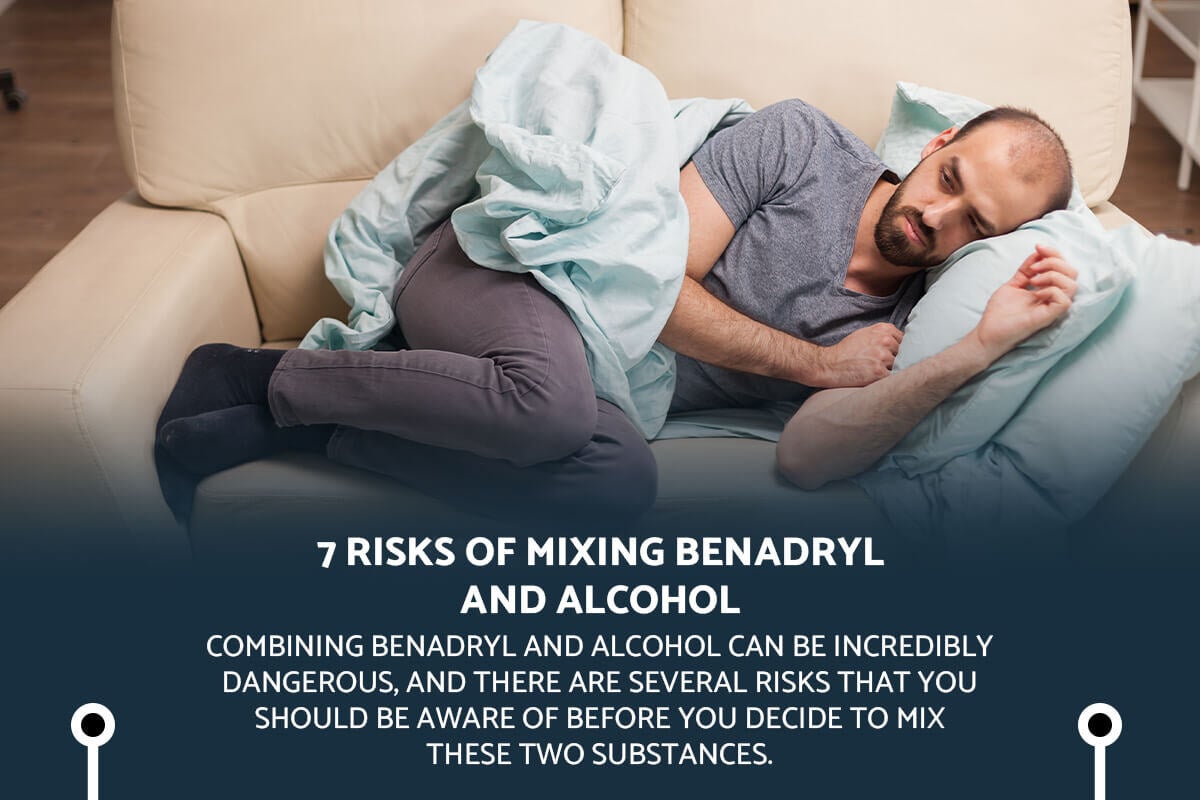
Below are 7 potential risks of mixing Benadryl and alcohol.
- Drowsiness
One of the most common side effects of taking Benadryl is drowsiness. When you mix it with alcohol, this side effect can become even more pronounced. Extreme sedation can make it difficult to focus, react to your environment, or stay awake.
In general, you may find it difficult to execute physical and mental tasks that require alertness.
- Loss of Consciousness
In some cases, combining Benadryl and drinking alcohol can cause you to lose consciousness. This is a serious risk, especially if you’re in a public place or operating heavy machinery.
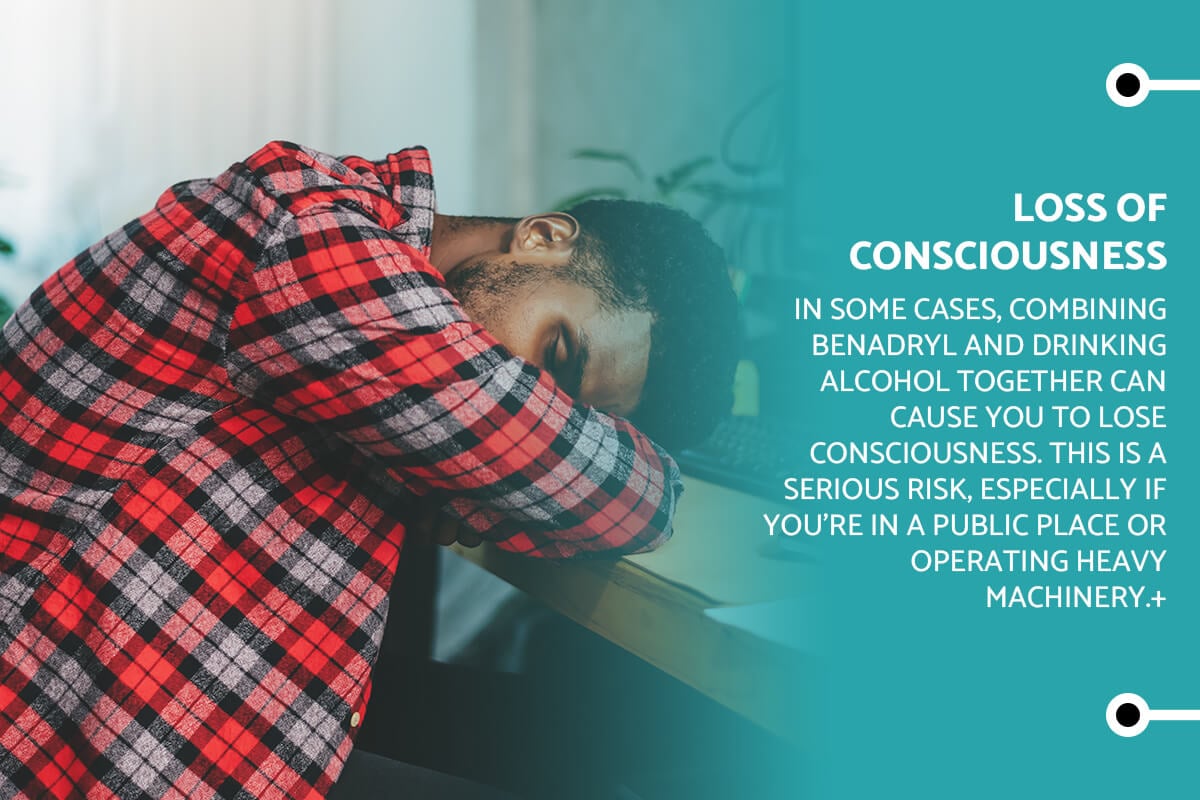
- Dehydration
Alcohol is a diuretic, which causes you to lose fluids quickly. Combined with Benadryl, also a diuretic, this can lead to dehydration. Altogether, you may experience headaches, fatigue, and other unpleasant symptoms.
- Learning and Memory Impairment
Both alcohol and Benadryl can impair your cognitive functions and decrease mental alertness. Combined, this effect can become even more pronounced. You may experience difficulty in recalling information, following instructions, or completing complex tasks as a result.
- Impaired Sexual Functions
Mixing alcohol with Benadryl and alcohol can impair your sexual function and cause you to experience difficulties with arousal, orgasm, or erection.
- Sleep Problems
The generic form of Benadryl is an approved sleep aid, but it’s only safe and effective over a short period. While alcohol is commonly used as a sleep aid due to its ability to depress the central nervous system, it is important to recognize that it is still a CNS depressant and may negatively affect overall sleep quality. However, using either or combining both as sleep aids is a bad idea as they can cause more problems than you think they are fixing.
While they may help you sleep, alcohol consumption and Benadryl will lead to poor quality sleep overall. They can also disrupt your sleep cycle by causing you to sleep too much or too little. It can also lead to sleepwalking or parasomnia.
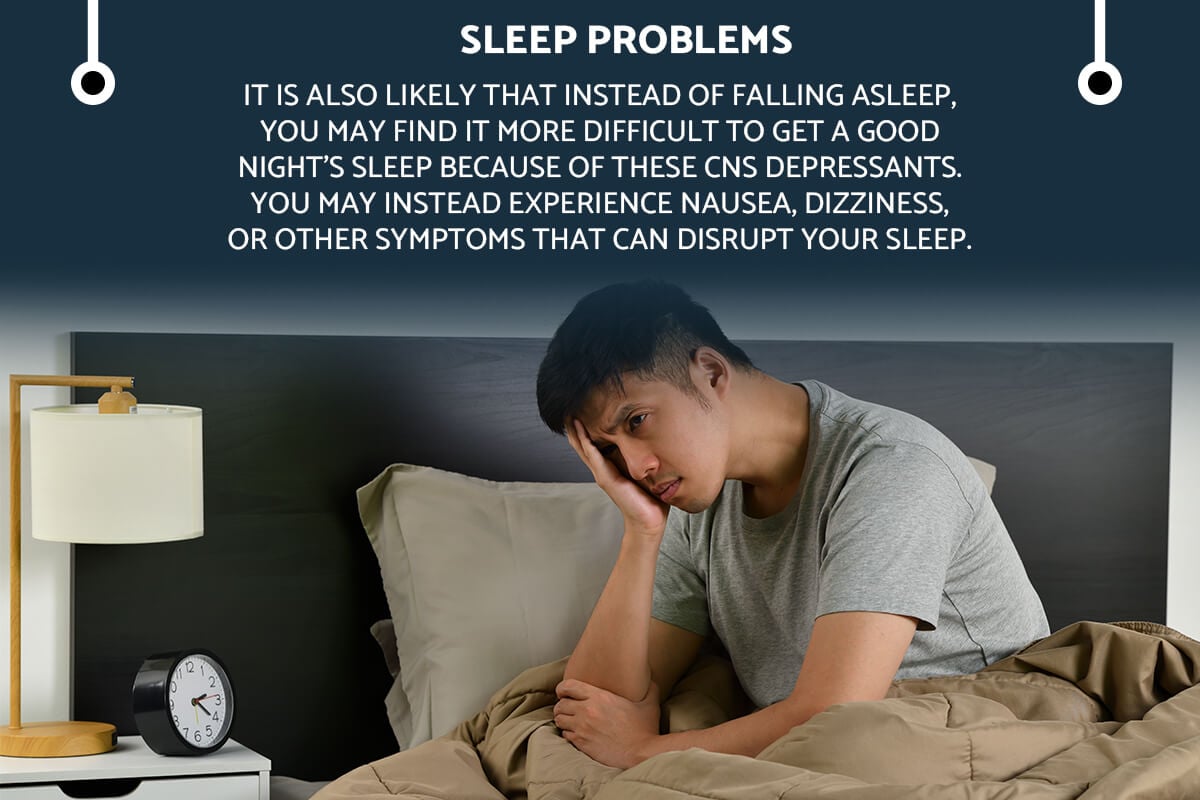
It is also likely that instead of falling asleep, you may find it more difficult to get a good night’s sleep because of these CNS depressants. You may instead experience nausea, dizziness, or other symptoms that can disrupt your sleep.
- Hidden Alcohol Sources
There are many other sources of alcohol that you should be aware of when taking Benadryl. For example, cough syrup, mouthwash, and other products may have alcohol content, increasing your risk of side effects when consumed.
Are There Any Serious Side Effects Or Risks?
Drinking alcohol while on medication, whether prescription drugs or over-the-counter, can lead to adverse outcomes. The combination may lead to serious side effects such as hallucinations, seizures, and difficulty breathing. In the worst case, it may lead to death.
Is Having One Or Two Drinks OK?
The way people react to alcohol and Benadryl consumption can vary among different ages and sexes. Some people can tolerate one or two drinks while taking antihistamines, but this may not be true for others. Consider your alcohol tolerance and your body’s response to other medications before combining the two.
To be safe, we recommend that you consult your doctor and learn your risks before consuming alcohol content while on any medication.
Are Certain People More at Risk When Combining Alcohol and Allergy Medications?
Certain people may be at greater risk than others when it comes to combining multiple substances like Benadryl and alcohol together.
Contact Design for Recovery Today!
Fill out our quick form to connect with a peer mentor and learn how our sober living community supports accountability, structure, and personal growth in recovery.
Older People
As we age, our bodies become less able to metabolize drugs. This can cause complications when mixing Benadryl and alcohol. Older adults are at a higher risk of experiencing adverse effects. They may experience impaired motor skills, dizziness, and drowsiness, which increase the risk of falls.
People with Pre-existing Medical Conditions
People with certain medical conditions face an increased risk of side effects when taking Benadryl and alcohol at the same time. These conditions include:
- Depression
- Asthma/COPD (chronic obstructive pulmonary disease)
- Heart disease
- Renal/liver disease
- Glaucoma
- Respiratory depression
People Taking Other Medications
In some cases, Benadryl and alcohol can interact with other types of medication, leading to serious side effects or complications. The following medications are known to interact with Benadryl and alcohol:
- Antidepressants
- Anticholinergic drugs
- Stomach ulcer medicine
- Cough and cold medicine
- Other antihistamines
- Diazepam (Valium)
- Sedatives/hypnotics
Consult with your doctor before taking alcohol, Benadryl, or other drugs together.
Pregnant or Breastfeeding
Alcohol is unsafe while pregnant or breastfeeding, regardless of medication. While Benadryl is generally safe to take during pregnancy, it is not completely risk-free. This medication should only be used in the lowest effective dose for the shortest time possible when pregnant.
Taking both simultaneously can worsen the side effects, which is a greater risk to your safety.
When Should You Get Medical Attention?
If you develop any of the following symptoms while taking Benadryl and alcohol, contact your doctor immediately:
- painful or difficult urination
- rapid heartbeat
- chest flutters
- little to no urination
- uncontrollable tongue movements
- confusion
- feeling like you may faint
You should also look for signs of alcohol poisoning, especially if you’ve been drinking heavily or binge drinking. These signs can develop rapidly and worsen quickly, so it’s important to seek medical help immediately if you suspect someone may have alcohol poisoning.
How to Get Help if Addicted to Mixing Drugs Like Benadryl and Alcohol
Overcoming addiction can be a challenging journey. However, you can conquer it with the right support and reclaim your life.
Consider reaching out to a substance abuse treatment center. They can provide the resources and tools you need to overcome addiction, including detox, therapy, and support groups.
You can also consider joining a sober living community like Design for Recovery. Our structured sober living homes in Southern California offer a safe and supportive environment for men battling substance abuse, mental health, and impulse control disorders. Our daily schedule, which includes therapy, support groups, and life skills training, is designed to help residents achieve lasting sobriety.
If you’re struggling with addiction to substances like Benadryl and alcohol, know you’re not alone and help is available. Reach out to us at Design for Recovery today to learn more about how we can support you on your journey to recovery.
- What is Benadryl?
- Side Effects of Benadryl
- Misuse of Benadryl
- Can You Drink Alcohol While Taking Antihistamines?
- 7 Risks Of Mixing Benadryl And Alcohol
- Are There Any Serious Side Effects Or Risks?
- Is Having One Or Two Drinks OK?
- Are Certain People More at Risk When Combining Alcohol and Allergy Medications?
- Older People
- People with Pre-existing Medical Conditions
- People Taking Other Medications
- Pregnant or Breastfeeding
- When Should You Get Medical Attention?
- How to Get Help if Addicted to Mixing Drugs Like Benadryl and Alcohol
Begin Lasting Sobriety Now!
Frequently Asked Questions
Before you take Benadryl (or any type of antihistamine) it’s best to wait until the alcohol is completely out of your system. On average, the human body metabolizes one standard drink (12-oz beer, 1.5 ounces of liquor, or a 5-oz glass of wine) in one hour. However, this can vary from person to person depending on your age, biological sex, and whether or not you had food prior to drinking.
It is not safe to mix Benadryl and alcohol. Doing so can lead to dangerous or potentially deadly side effects. If you’re taking Benadryl or any other type of antihistamine for allergy symptoms, it’s best to lay off alcohol altogether until you’re done with your required doses.
It is not possible to determine a specific lethal dose for the combination of Benadryl and alcohol as the effects can vary greatly from person to person. If you suspect you or someone you know has excessive alcohol consumption or overdosed on Benadryl, seek immediate medical attention. Substance abuse is a serious issue and requires professional help.
Allergy medications like loratadine, fexofenadine, or cetirizine that do not cause drowsiness and other side effects are generally considered slightly safer to combine with alcohol. Other alternatives are nasal corticosteroids, such as Flonase or Nasonex, used as needed and have no contraindication with alcohol. However, we recommend avoiding alcohol altogether if you’re taking antihistamines or other medications.
Graham, Kathryn, and Massak, Agnes. “Alcohol Consumption and the Use of Antidepressants.” CMAJ : Canadian Medical Association Journal, vol. 176, no. 5, 2007, pp. 633-637, https://doi.org/10.1503/cmaj.060446. Accessed 9 Aug. 2023.
Horrell, Jane, et al. “Alcohol Misuse in Patients with Alcohol?Related Liver Disease: How Can We Do Better? A Narrative Review of the Literature.” Alcoholism, Clinical and Experimental Research, vol. 46, no. 8, 2022, pp. 1364-1370, https://doi.org/10.1111/acer.14895. Accessed 9 Aug. 2023.
Turner, Sarah, et al. “Self?Medication with Alcohol or Drugs for Mood and Anxiety Disorders: A Narrative Review of the Epidemiological Literature.” Depression and Anxiety, vol. 35, no. 9, 2018, pp. 851-860, https://doi.org/10.1002/da.22771. Accessed 9 Aug. 2023.
Schuckit, Marc. “Alcohol, Anxiety, and Depressive Disorders.” Alcohol Health and Research World, vol. 20, no. 2, 1996, pp. 81 85, https://www.ncbi.nlm.nih.gov/pmc/articles/PMC6876499/. Accessed 9 Aug. 2023.
Williams, D, et al. “Association between SSRIs and Upper Gastrointestinal Bleeding : Coprescription of Antiulcer Drugs with SSRIs Is Fairly Common.” BMJ : British Medical Journal, vol. 320, no. 7246, 2000, p. 1405, https://www.ncbi.nlm.nih.gov/pmc/articles/PMC1118062/. Accessed 9 Aug. 2023.




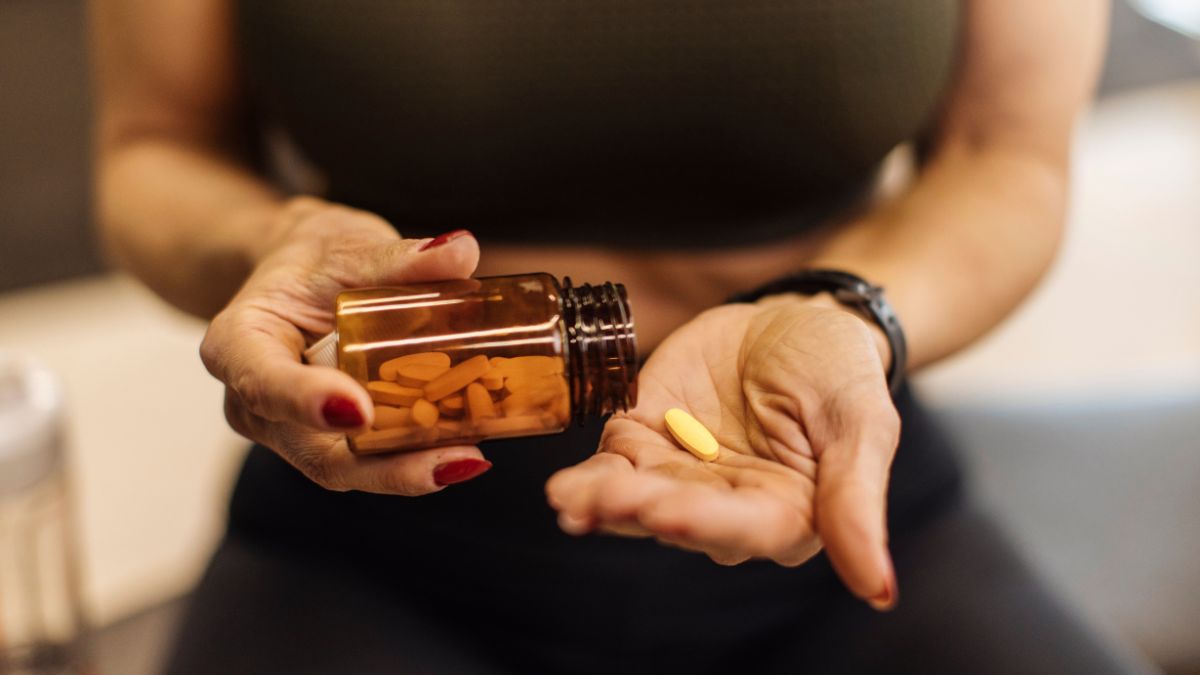
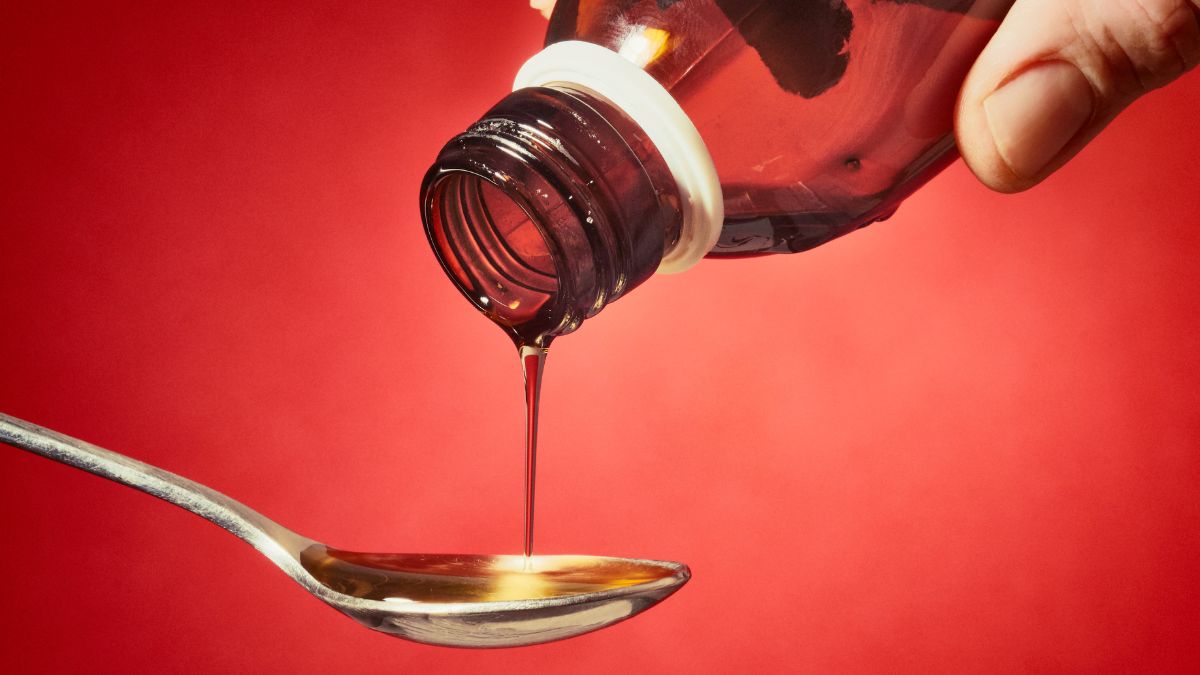
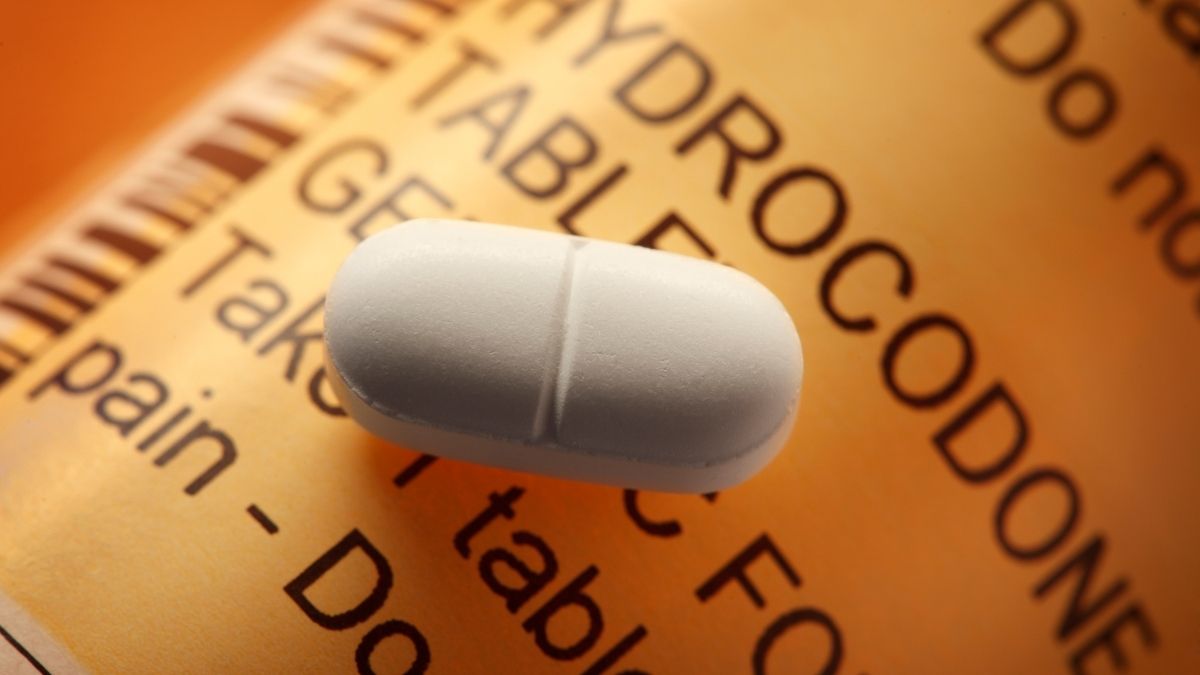
Written By
David Beasley